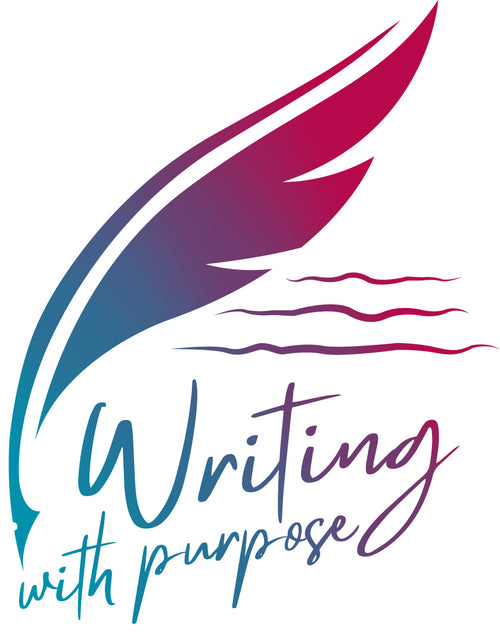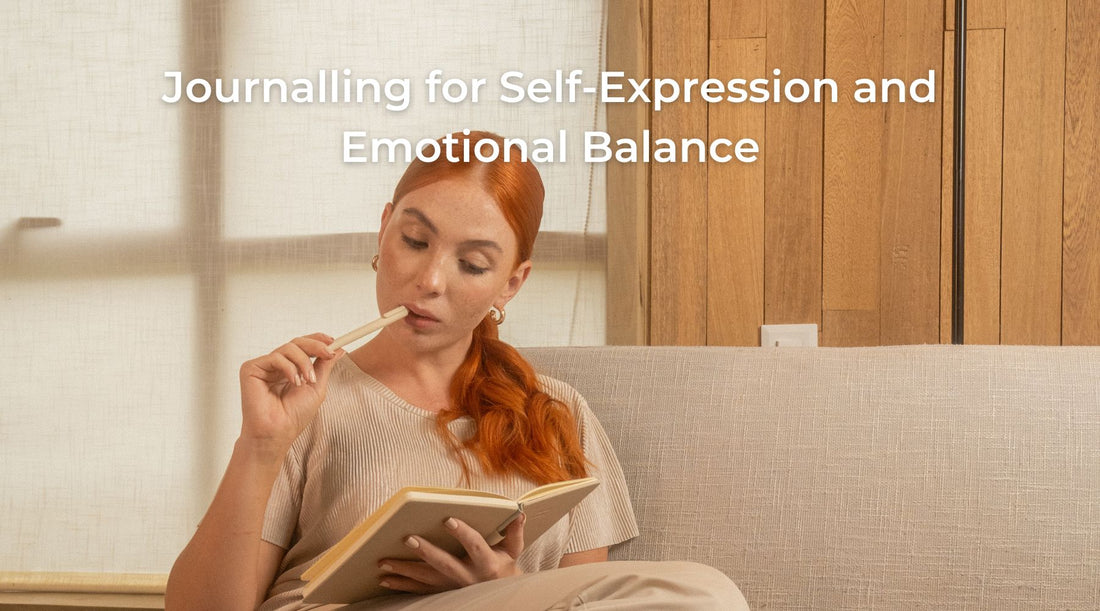Personal journalling offers a quiet sanctuary to explore your innermost thoughts, feelings and experiences. Let a book and a pen or your fingers and a keyboard help unravel the complexities within your head and achieve positive emotional wellbeing. What a brilliant way to start a new year!
What is Personal Journalling?
As we’ve read in previous articles, there are many ways to journal, and personal journalling concentrates on self-expression. In other words, it’s all about you. Whether using a journal to record daily experiences, dreams and aspirations or to recognise your deepest fears and desires, the blank pages serve as a private space where your voice is unfiltered, free from judgement, and entirely your own. The dynamic nature of the process makes it a perfect channel for self-discovery, personal growth and emotional balance.
The Benefits of Personal Journalling
- Self-Expression: creating a safe haven to articulate your thoughts and feelings without restraint is liberating and encourages self-acceptance.
- Self-Discovery: recording your experiences and reflecting on your words reveals patterns and highlights areas for growth that might otherwise go unnoticed.
- Emotional Balance: releasing pent-up emotions onto your journal pages creates a space for emotional release that is hugely satisfying and cleansing.
- Stress Relief: putting your thoughts on paper is a simple but effective method in helping you navigate stressors and challenges more clearly.
- Enhanced Problem Solving: stepping back and objectively assessing situations leads to innovative problem-solving and reveals different perspectives.
A Short Exercise
Find a quiet corner where you can sit undisturbed. Begin your journalling session by writing a ‘stream of consciousness’ entry, allowing your thoughts to flow freely. Focus on your feelings, experiences and observations as a reflection of the past week, month or year and your expectations of the following week, month or year. This all depends on where you are in life and the time of year.
If you’re struggling, think about a challenge or a success from the past 12 months that triggered a strong emotion. How did you feel during that moment? How do you feel now? What behaviours and actions helped you overcome the challenge or achieve success? Read your words and note the insights you have gained.
Every word in a personal journal is evidence of your growth and capacity to understand and embrace yourself fully. Use a personal journal to write your future story with authenticity and a clear purpose.
Two main reasons people do not journal are because they don’t know where to start or don’t have time. Question prompts and visual cues can help by providing a place to begin a thought process to expand and contemplate. Dedicate five minutes each day to the process, and if you find that it improves your mood, outlook or outcome in some way, look at how to increase your time because it’s working.
Connect with me on Instagram or Facebook: @JournallingWithAnna

